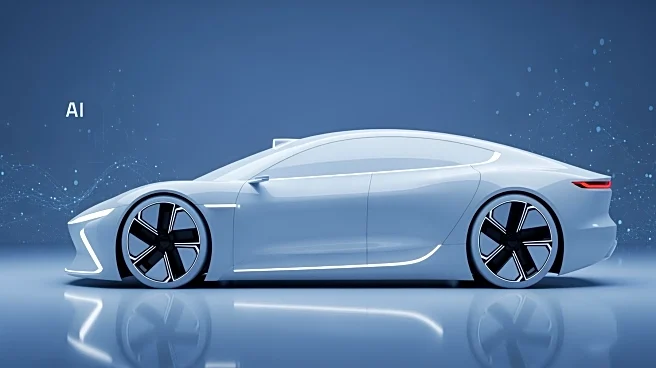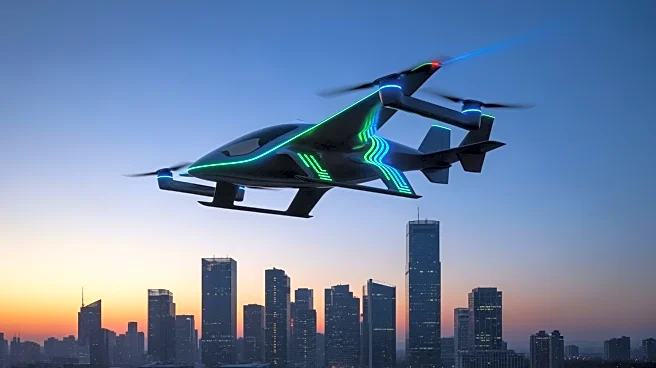What's Happening?
The hospitality industry is increasingly incorporating immersive experiences to redefine guest engagement and expectations. Properties are leveraging technology to create environments that blur the lines between physical and digital spaces, offering guests interactive and participatory experiences. This trend is evident in theme parks, resorts, and cultural attractions that use virtual reality, animatronics, and expansive stage settings to enhance the visitor experience. Notable examples include Universal Orlando Resort's Epic Universe and Disney's Star Wars: Galaxy's Edge, which transport guests into themed worlds with rides, shops, and exhibits. Las Vegas is also a hub for immersive experiences, with venues like Sphere at the Venetian Resort and AREA 15 offering state-of-the-art entertainment and interactive art installations.
Why It's Important?
The shift towards immersive experiences in hospitality reflects changing consumer preferences for active participation rather than passive observation. This trend has significant implications for the industry, as it drives innovation and competition among operators seeking to attract and retain visitors. Immersive environments create lasting emotional connections, enhancing guest satisfaction and loyalty. For developers and operators, the opportunity lies in crafting unique and memorable experiences that integrate technology, storytelling, and authenticity. As immersive experiences become mainstream, they are expected to play a pivotal role in shaping the future of leisure and hospitality.
What's Next?
The continued evolution of immersive experiences in hospitality is likely to see further integration of advanced technologies such as augmented reality and artificial intelligence. Properties may explore new ways to personalize guest experiences, using data analytics to tailor offerings to individual preferences. Additionally, the expansion of immersive experiences into new markets and sectors, such as wellness and nature-based tourism, could broaden the industry's reach and appeal. As consumer demand for unique and engaging experiences grows, operators will need to innovate continuously to stay competitive and meet evolving expectations.
Beyond the Headlines
The rise of immersive experiences also raises questions about the ethical use of technology and data in hospitality. As properties collect and analyze guest data to enhance experiences, concerns about privacy and data security may emerge. Additionally, the environmental impact of large-scale immersive attractions, particularly in terms of energy consumption and resource use, warrants consideration. Balancing technological innovation with sustainability and ethical practices will be crucial for the industry as it navigates this transformative trend.








